With great power comes great responsibility
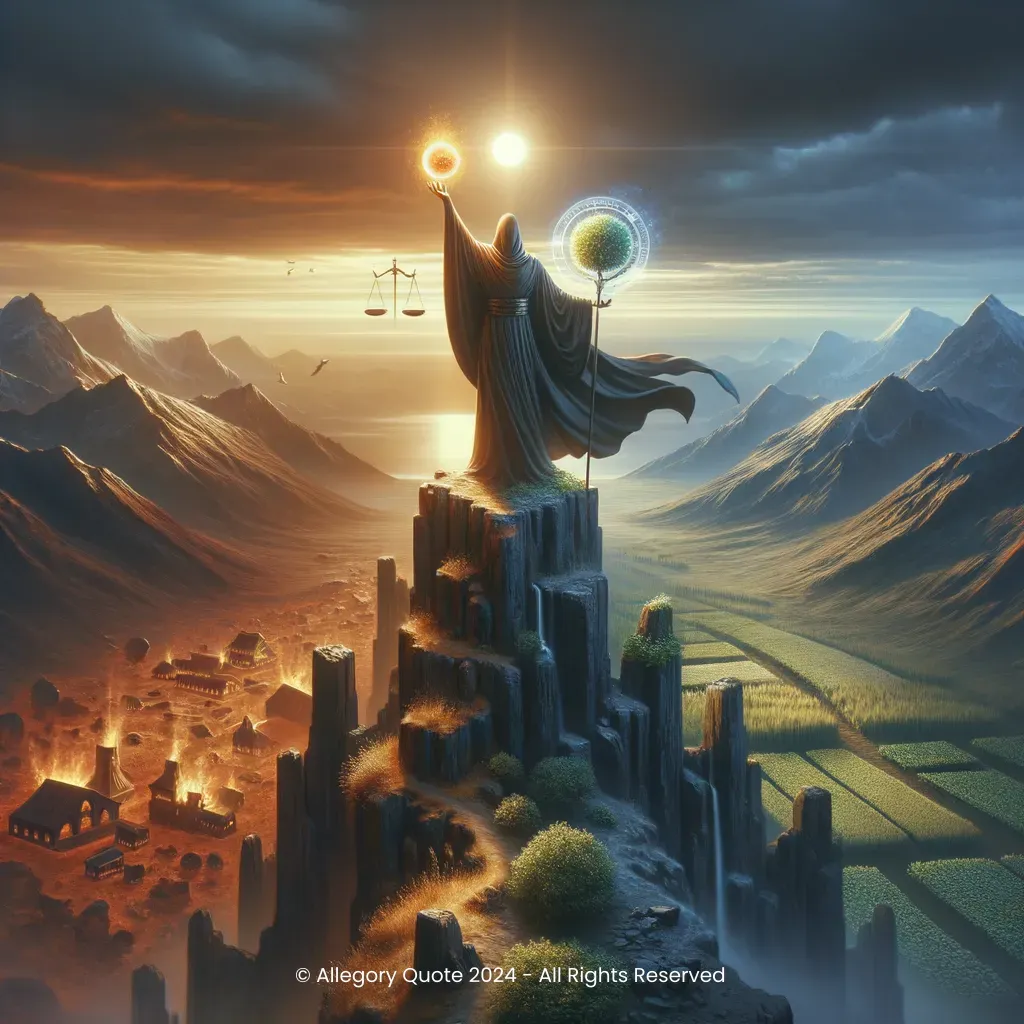
0
0
0
0
- Meaning
- The phrase "With great power comes great responsibility" means that those who possess power or influence must use it wisely and ethically. It's a reminder that being in a position of power isn't just about the benefits and the privileges. Instead, it emphasizes the moral duty to act in ways that are beneficial, just, and considerate of others. This is deeply philosophical, poking into the ethical dimensions of leadership, privilege, and the human condition itself.
- Allegory
- In this allegorical image, the elements are deeply tied to the essence of the phrase. The towering figure on the cliff signifies the elevated status and inherent power of leadership. The glowing orb represents the potent, yet neutral, force of power that the figure holds. The diverse landscape underneath signifies the various outcomes influenced by how the power is used—prosperity through responsible use, desolation through neglect, and the ethical challenges represented by the balance scales. The sky transitioning from dawn to dusk highlights that the responsibility is ongoing and timeless. Together, these elements paint a vivid picture that power, in any form, requires constant ethical contemplation and responsible action.
- Applicability
- This teaching is incredibly applicable in various facets of life. For instance, in a workplace, leaders or managers have the responsibility to use their authority to create a positive, productive environment. Similarly, in personal relationships, having emotional power over someone demands sensitivity and a moral obligation to not misuse that influence. Even on a societal level, influential public figures carry the weight of their public remarks and actions, suggesting that they should strive for societal betterment with their influence.
- Impact
- This phrase has spurred significant cultural and societal impact, particularly within the framework of superhero mythology which pervades modern culture. It has sparked discussions on the ethical use of power in political, corporate, and social realms. The phrase is oft-cited in leadership seminars, governance debates, and ethics courses. It encourages introspection and responsible action amidst various contexts where power dynamics are in play.
- Historical Context
- While the phrase gained immense popularity through the Spider-Man comics penned by Stan Lee in 1962, it can indeed be traced back to earlier periods. Winston Churchill used a similar phrase in a speech in 1906, hinting at the ethical onus borne by those in positions of power. Before Churchill, the concept was hinted at by the philosopher Voltaire and even during the French Revolution, indicating a deep-rooted historical resonance.
- Criticisms
- While the phrase is broadly accepted and respected, criticisms may arise surrounding the ambiguity of the term "great responsibility." What constitutes responsible behavior may vary significantly across cultures, individuals, and situations. Another critical view could be that it oversimplifies complex power dynamics, assuming that power always accompanies the capacity for responsible choice, which isn't always the case.
- Variations
- Variations of this phrase exist in numerous languages and cultures, often revolving around leadership and the ethical wielding of power. Each interpretation converges on the core idea that power is inextricably linked with responsibility, though cultural nuances may shape this understanding in different ways. For instance, in Eastern philosophies, the phrase might emphasize communal harmony and the responsibilities of societal roles.
-
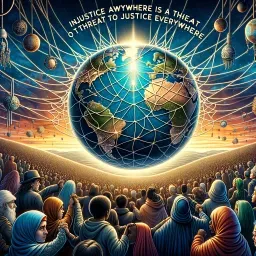
Injustice anywhere is a threat to justice everywhere.
-
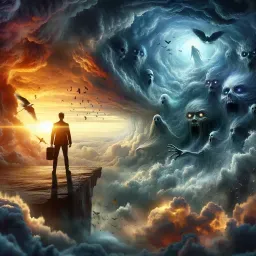
Courage is not the absence of fear, but the triumph over it.
-

Man is condemned to be free; because once thrown into the world, he is responsible for everything he does.
-

Greed is good.
-
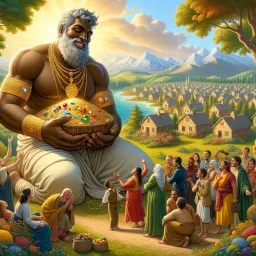
We make a living by what we get, but we make a life by what we give.
-
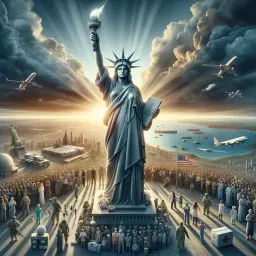
We must be the great arsenal of democracy.
-
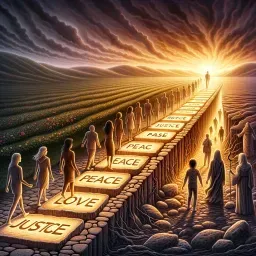
The road to hell is paved with good intentions.
-
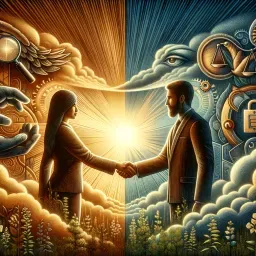
Trust, but verify.
No Comments